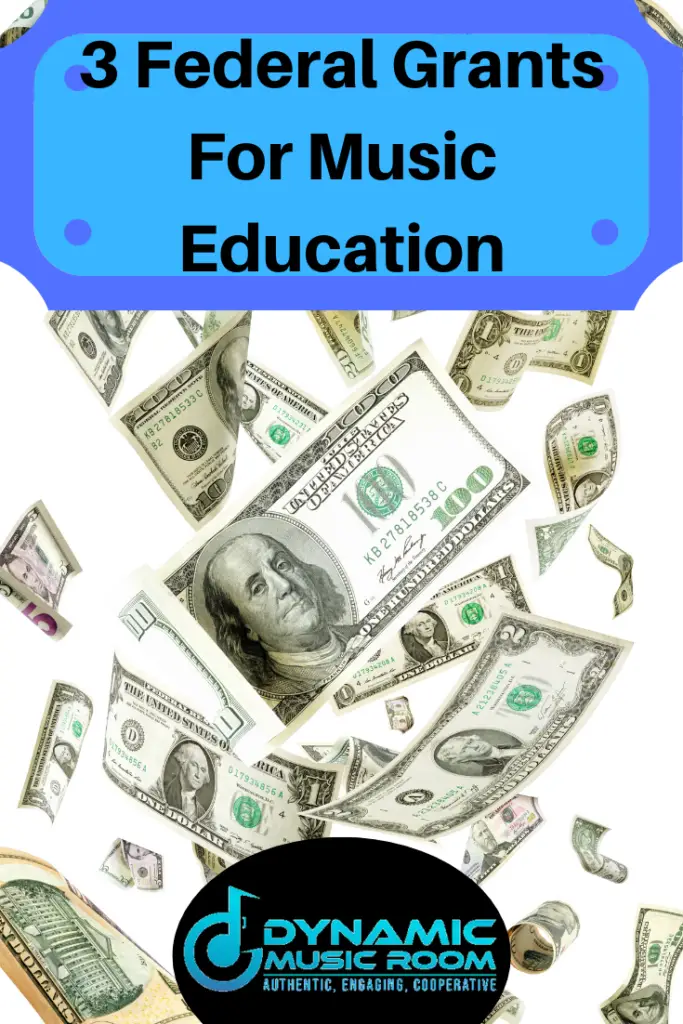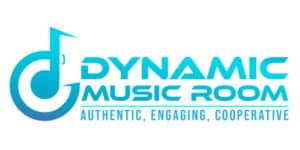One thing I have never been great at is applying for and finding grants for my classroom. But after doing some research, I found that it wasn’t too hard at all to find Federal grants for music education.
Federal grants for music education are tough to find, but you can do it if you know where to look. Here are some federal grants you may want to apply for:
- National Endowment For The Arts
- National Endowment For The Humanities: Landmarks Of American History And Culture
- Arts In Education National Program
Read on for more details about these grants including where to find them, what you need to know, and who can apply.
Table of Contents
Breakdown Of Federal Grants For Music Education
In this section, we’ll break down the grants a little more. This information is all drawn right from the sites where you can apply or read more details.
Use this section to help you find some federal grants you want look into more closely.
National Endowment For The Arts
What Is It?: This is a federally funded grant supporting arts projects. The amounts range from $10,000 to $100,000 depending on the scope of the project and the amount of money already committed.
Who May Apply: Any project involved in arts communities including:
- Arts education
- Dance
- Design
- Folk and traditional arts
- Literary arts
- Local arts agencies
- Media arts
- Museums
- Music
- Musical theater
- Opera
- Presenting and multidisciplinary works
- Theater
- Visuals arts
What You Need To Know: These grants are for large scale efforts to support the spread of quality arts experiences to the world. As such, music education qualifies, but you may need to think bigger than just your classroom.
Deadlines: There are two main qualifying deadlines with different steps. These are included below.
- Submit to grants.gov: February 13th or July 9th
- Submit to applicant portal: Feb 18-25 or July 15-21
- Earliest notification of application: November 2020 or April 2021
- Earliest award for NEA: January 1, 2021 or June 1, 2021
Other Notes: Their program is a cost-share match required meaning this grant will supplement funding already earned only.
National Endowment For The Humanities: Landmarks Of American History And Culture
What Is It?: This grant is to help teachers deepen their professional understanding by helping educators visit places of historical and cultural importance.
This professional development would then be turned around for use in the classroom or the development of curricular resources for distribution to teachers.
The amount received depends on the project, but the award goes up to $190,000.
Who May Apply: K-12 educators of any subject may apply.
What You Need To Know: These funds go to support one-week workshops for teachers.
For those interested, teachers should think for out-of-the-box ways to use place-based learning strategies, experiential learning, and how to help teachers and students outside the program with their deeper knowledge.
Deadlines: Here are the following deadlines for the grant and the steps involved.
- Application available: November 19, 2019
- Optional draft due: January 9, 2020
- Application due: February 13, 2020
- Notification: August 31, 2020
- Project start: October 1, 2020
Other Notes: Projects should be based around the themes of American history and culture in the following areas:
- Government
- Literature
- Arts
- Architecture
- Archaeology
- Related humanities
Keep these ideas in mind when applying.
Small, Rural School Achievement Program
What Is It?: This program issues federal funding to support achievement in rural schools.
This program offers funds for many aspects of education, but Title IV-B supports 21st Century Community Learning Centers. The example on the website for this is a school district buying instruments and other materials to support band or orchestra programs.
Who May Apply: There is a whole list of requirements for this program (click the button above and go to “Eligibility”), but basically you’d need to be in a small (<600 students) school in a defined “rural” area.
What You Need To Know: This program can support other aspects of your school besides music education. It may be worthwhile to work on this with other teachers at your school as well.
Make sure you go through Title IV-B to get monies for music.
Deadlines: April 26th
Other Notes: The eligibility requirements for this are quite picky. If you’re interested, download the sheet and get in contact with your admin well-ahead of the deadline to make sure you get everything done in time.

Other Links To Look At
These are just a few I’ve found in my research, but there are more out there. Here are some helpful links to help you along on your searches:
- Federal Grants
- General Services Administration
- Thompson Grants
- US Department Of Education
- Education World – Resources
These resources should help you find grants to apply for, and many of them also help you fill out grants with a higher chance of acceptance.
A Couple Of Thoughts
As I researched information on federal grants for music in schools, I noticed a few things I thought I would share. This information shouldn’t be taken as fact but as general musings on educational funding.
Limited Music Options – The federal government doesn’t seem to be interested in supporting much arts in schools currently. Most funding you need to look for will come through Title IV-B, so you may need to work closely with your admin as part of those Title funds.
Emphasis On Science And Math – Currently funded programs from the federal government are placing a large emphasis on science and math. There seem to be a larger number of these around.
Alternative Education – As I searched, I found a surprising number of grant and funding opportunities for alternatives to traditional public education such as charter schools and opting out of public school initiatives.
Lack of Funding – The 3 programs listed above have had consistent funding available, but there are many more listed in the grant databases.
However, of these many options, most haven’t had funding since 2015, so I didn’t include them on the list. If this changes, I will edit my list to include them.
Conclusion
I hope you found this information on Federal grants for music education helpful. There are many more types of grants out there, but these are the Federal ones you may want to apply for.
The federal options are limited although they have high award amounts. Though local and state grants may be smaller, you may be better off going for those if you need help with supplies and other teaching needs.
Do you know of another Federal grant you want me to add to the list? Shoot me a comment below.

